PROPERTY TAX COURT SESSIONS LAUNCHED IN RUBAGA DIVISION
PUBLISHED — 26th, February 2026Kampala Capital City Authority has launched field valuation court sessions in Rubaga Division, moving property tax dispute hearings closer to residents in a bid to improve access to justice and strengthen revenue administration.
The sessions opened Thursday at the Rubaga Division headquarters, with officials underscoring the importance of property tax as the backbone of the authority’s local revenue.
About 70% of KCCA’s locally generated revenue comes from property rates. In the 2024/2025 financial year, Rubaga Division collected UGX 12 billion, including UGX 8.6 billion from property taxes. In the current 2025/2026 financial year, the division has so far raised UGX 4.4 billion against a target of UGX 6.1 billion.
City officials said 97,121 properties have been valued across Rubaga, drawing more than 1,700 objections from property owners challenging their assessments. These await the courts intervention.
Samuel Muyizi Mulindwa, chairperson of the KCCA Valuation Court, said the court is mandated to receive and determine complaints from property owners who are dissatisfied with valuation outcomes.
The court has powers similar to those of a Magistrate’s Court and can review, adjust or reduce assessed property rates where it finds merit in complaints. Its decisions are subject to review only by the High Court.
“This court is for the people,” Mulindwa said. “While we recognize the role of taxes in developing Kampala, we must also consider the plight of residents, especially in difficult economic times. We shall apply equity.”
He cautioned Local Council I leaders against soliciting money from residents in exchange for recommendations related to valuation objections, warning that justice should not be commercialized.
Rubaga Division Mayor Zacky Mawula Mberaaze welcomed the initiative and called for the court to extend its outreach to parish level. Rubaga has 13 parishes.
“Let the court go to the parish level,” he said, urging increased funding and better remuneration for court officials to enhance service delivery.
Christine Nakonde, the Namungoona women representative, said many residents remain unaware of the valuation and objection procedures and called for intensified public sensitization.
KCCA officials said the field sessions are part of broader efforts to promote transparency, fairness and efficiency in property tax administration while providing residents with an accessible platform to seek redress.
By Geofrey Mutegeki Araali
Communication and Media Relations Officer
News & Announcements
26th, February 2026
25th, February 2026
19th, February 2026
17th, February 2026
15th, February 2026
13th, February 2026
12th, February 2026
11th, February 2026
10th, February 2026
5th, February 2026



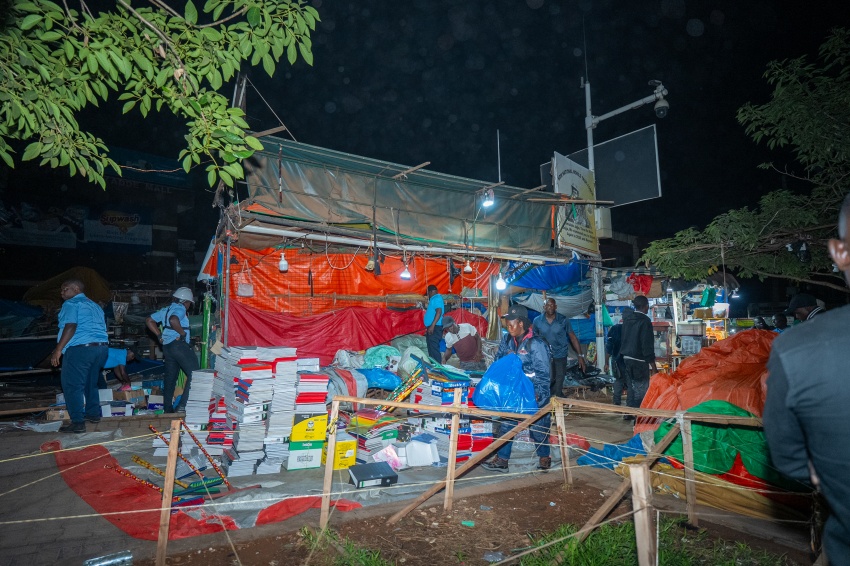
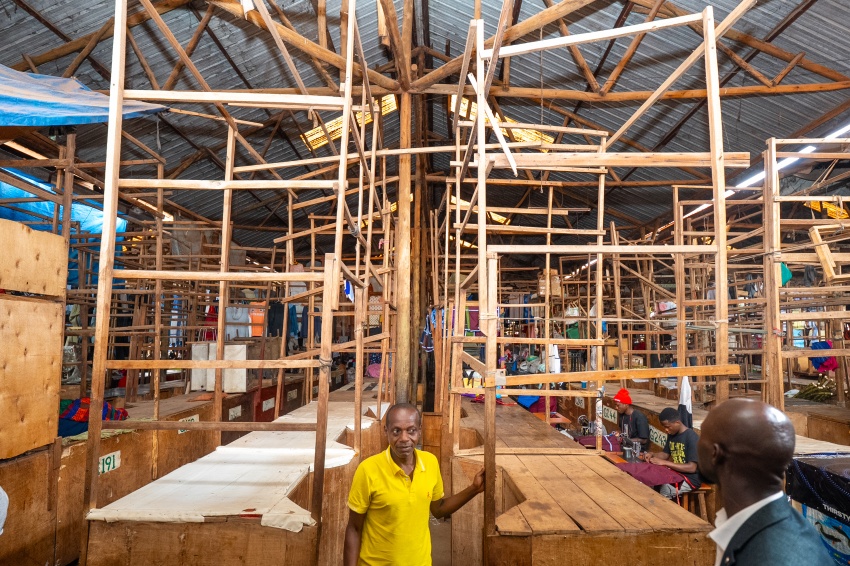

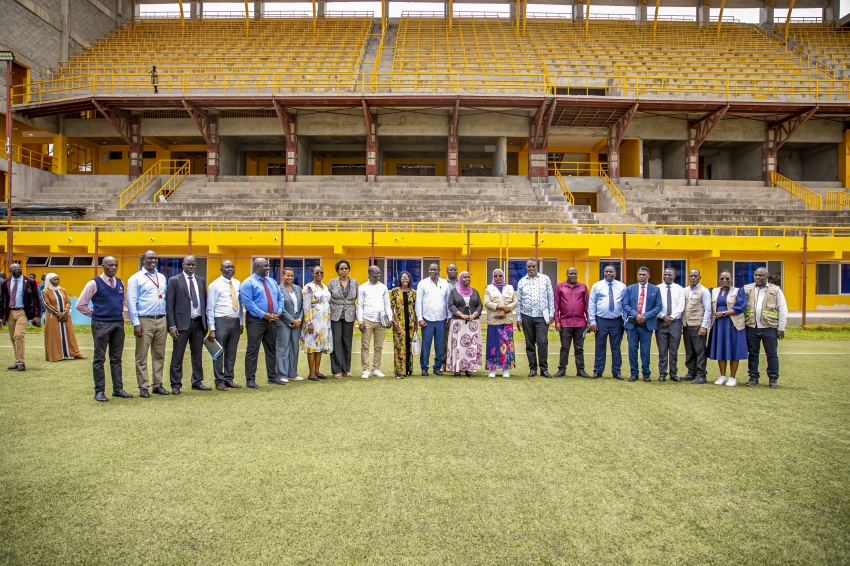
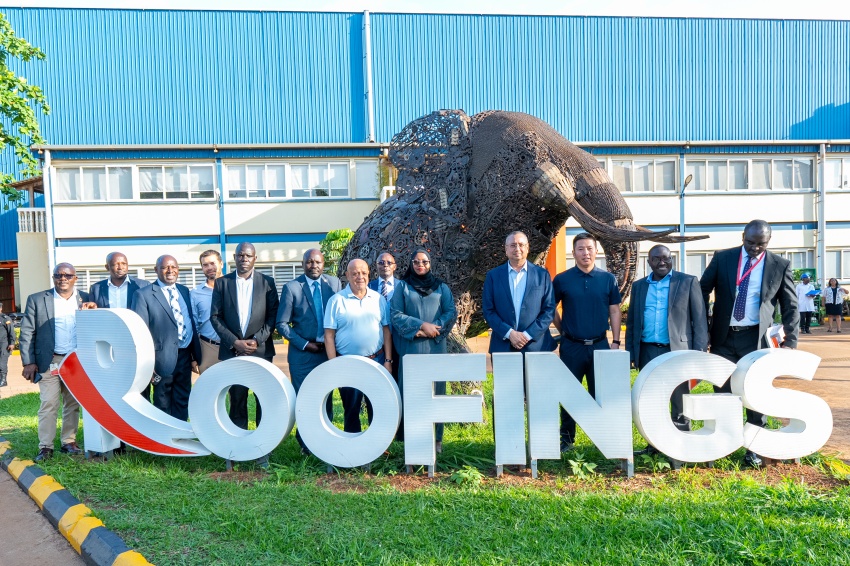
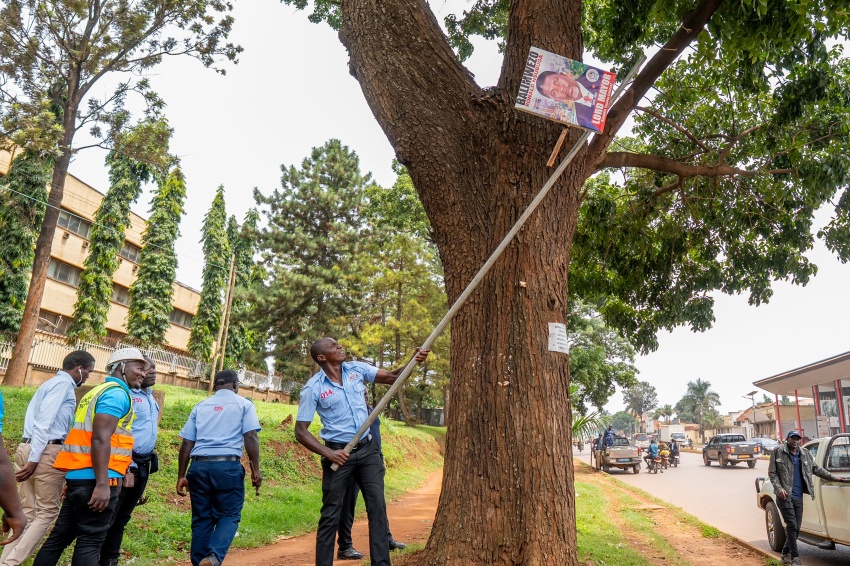










Development partners